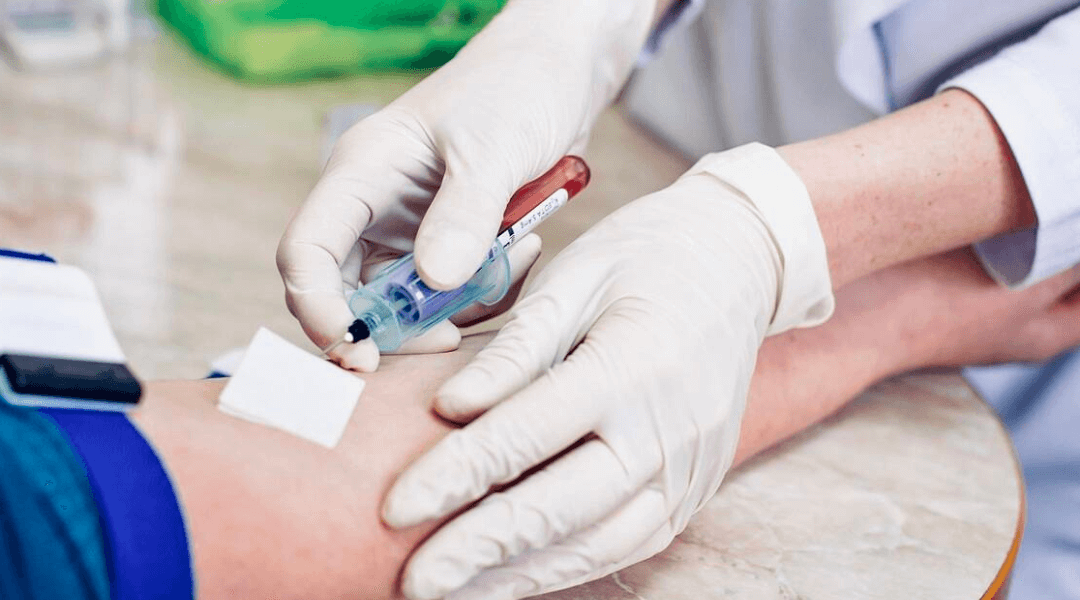A blood test is one of the most common medical tests because it can provide information about your general health. Most people will require a blood test at some point in their life. In most cases, your blood test will come with precise instructions, including when to do it and whether you can eat or drink before it. It is best to carefully follow these directions because doing otherwise will influence your results. Being the best private GP care in Penarth, we’ve written this blog to help you prepare for a blood test. Let’s start!
How To Prepare For A Blood Test?
To Snack Or Not To Snack?
It’s likely that you have been informed whether a fasting or non-fasting test is required if you have been advised that you need a blood test. If the blood test is a fasting blood test, you must wait a certain amount before eating or drinking anything other than water. Before the test, your doctor will provide you with this information.
For instance, you might need to refrain from eating and drinking before a blood glucose, lipid profile, or iron level test. Blood tests are frequently performed in the morning before breakfast because fasting typically lasts 8 to 10 hours.
Most routine blood examinations can be done at any time. A full blood count, which measures the quantity of red, white, and platelets, is a suitable example.
However, whether you just ate or drank can alter the results of some blood tests, such as one that measures your blood glucose level. You are typically instructed to fast in this situation, which means you cannot eat or drink anything before having your blood drawn.
Why Are Some Blood Tests Done While Fasting, While Others Aren’t?
Eating and drinking alter the sugar content of your blood, which is why several blood tests require you to fast before them to simplify a complex physiological response.
Consider your blood glucose level as an illustration. Our bodies produce the hormone insulin when we eat, which lowers our blood glucose levels and enables our cells to absorb glucose for energy.
However, since it affects the body’s average blood glucose level, it is difficult for your doctor to determine with precision whether your glucose levels are within a safe range. For this reason, they can urge you to fast before the procedure so they can learn more about how your body processes sugar. Testing for diabetes frequently involves doing this.
Similar circumstances apply to other tests that call for a fast, as the nutrients you take in through food and drink can affect the outcomes of a blood test.
How To Overcome The Nervousness?
It’s common to experience anxiety prior to a blood test. In actuality, 3–10% of people suffer from a fear of needles. Your body reacts a certain way when you start to feel anxious because it believes there is danger and that you need to take action.
Your body temperature starts to rise, and your heartbeat quickens. Your blood pressure may decrease. You’ll notice dilated pupils. People frequently feel faint and dizzy, and they may even fall. But you may do a few things to feel calmer before your test if you’re afraid of needles or simply feeling a little anxious.
● Bring a companion to hold your hand.
● Inform the physician, nurse, or phlebotomist of your concerns. They can reassure you because they’ve seen it all before.
● To stay hydrated before your test, drink water.
● Put on a cosy sweater. Your veins become much more noticeable when your arms are kept heated.
● Get distracted. You may, for instance, play music during the test.
To Wrap Up:
Following the aforementioned tips, you can ensure you’re prepared for the blood test. Consequently, you’ll get the most precise results. Also, Acorn Private Clinic is here with all the medical services like pain therapy, private GP, and surgery for Carpal Tunnel in Penarth. You can read our blog section for more relevant information.
